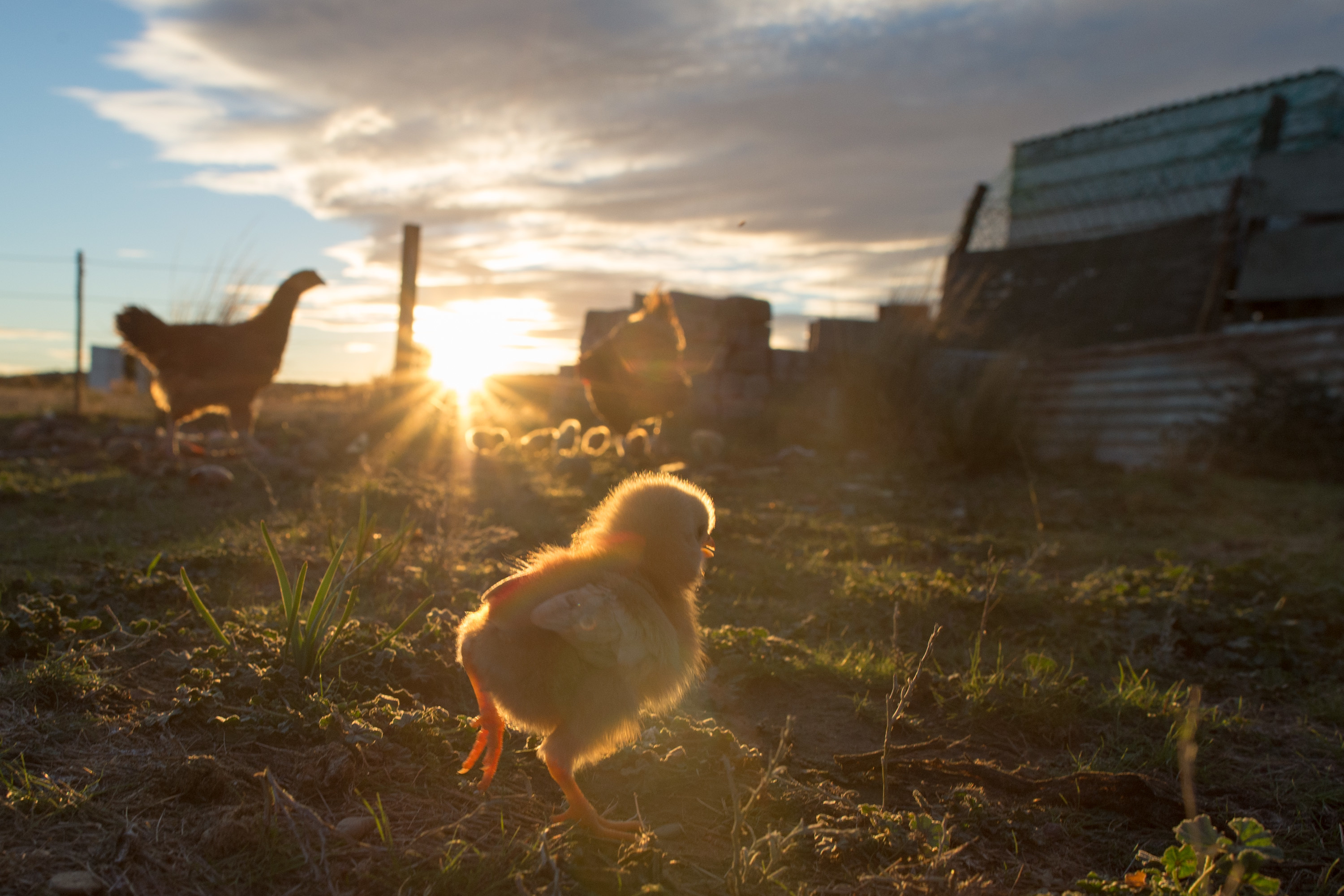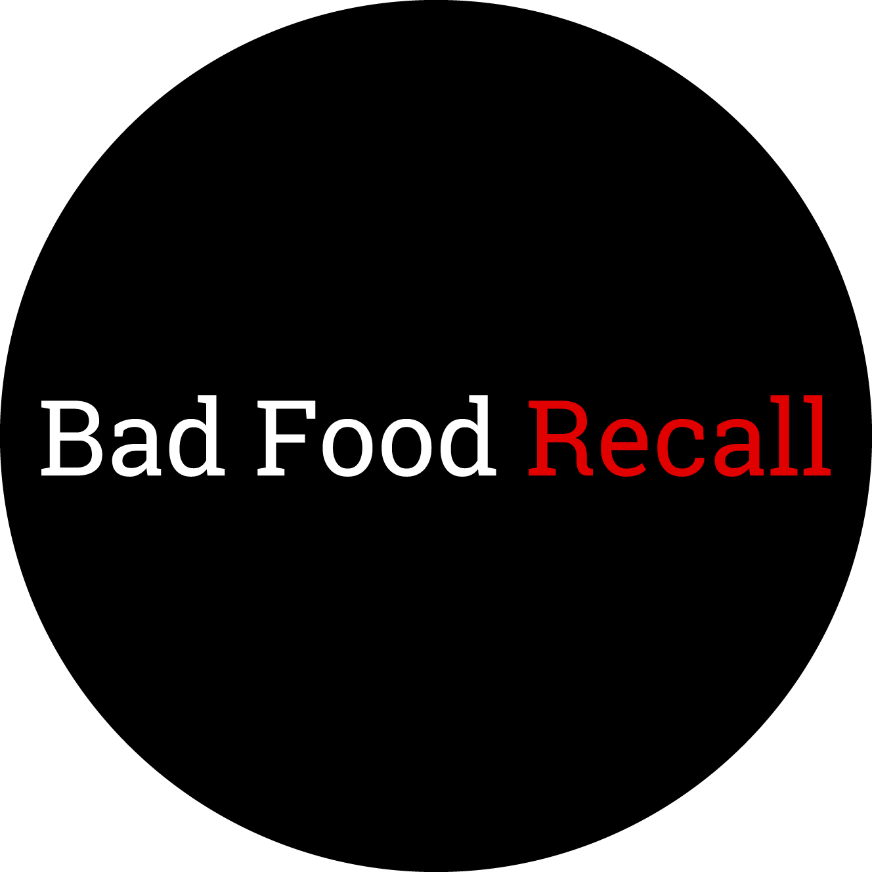



Controlling bacteria in backyard chickens
Healthy birds are an essential prerequisite for producing healthy eggs and meat from a backyard flock of chickens.Luckily, most small-scale flock owners report very few health problems that can compromise food safety. The notable exception in the hot and humid days of summer is, of course, bacterial illness.
Controlling bacteria through flock management
Backyard chickens in a well-managed and properly maintained environment can provide fresh, if not exactly plentiful, eggs for ten years or more. Preventing bacterial contamination is particularly valuable to the home food supply. Often, the signs of bacterial illness come on so quickly there is no way to save the affected birds, and treatments can both fail to eradicate the threat to the rest of the flock and be harmful to the environment.
Biosecurity
Biosecurity is the first and final word in controlling communicable poultry illnesses. The only foolproof way to protect backyard chickens from Salmonella is to start with birds from a National Poultry Improvement Plan (NPIP) certified breeder flock. The best way to find such birds is to buy directly from a reputable hatchery or breeder. Avoid purchasing birds at auctions or swap meets where they have been exposed to many other chickens and different species of poultry.
From there, biosecurity involves making sure germs cannot reach the backyard flock. This can be done by:
- Wearing shoe protection when visiting the chicken yards of other poultry keepers.
- Burning or deeply burying any dead birds or other animals.
- Keeping wild birds away from backyard chickens.
- Thoroughly washing any second-hand equipment prior to use.
- Enforcing a quarantine for all new birds prior to flock integration.
Separate birds by age
To follow the advice of the classic manual, Storey’s Guide to Raising Chickens by Gail Damerow, do not mix birds of different ages. Salmonella and E. coli can cycle through a flock when older birds who show no symptoms pass the illness to younger birds. Every new generation of bacteria will be deadlier than the last and can endanger an entire flock.
Tend to chicks first. Young growing birds have weaker immune systems and fewer antibodies than adult chickens. Caring for the adults after the juveniles means there is a smaller chance of spreading dangerous bacteria that the young birds’ immune systems cannot overcome. This is especially true for poultry raisers who keep backyard broilers. Babying their immune systems reduces the chance of bacterial illness, and therefore food contamination, from the young fryers.

Sanitation
Bacteria thrive in filthy and humid conditions. To be healthy, chickens need a dry and well-ventilated shelter. They also need a yard or run spacious enough to prevent manure from piling up. Careful attention to sanitation supports food hygiene by reducing instances of manure in nest boxes and on eggs.
Minimising places in the yard or run where water can pool and harbor bacteria can prevent instances of Staphylococcus Aureus, or bumblefoot. Chickens usually survive bumblefoot, but the condition is a painful abscess on the bottom of the foot caused by a small cut invaded by bacteria.
Deep litter system
Utilising a deep litter system can help control both bacteria and parasites in backyard flocks. The deep litter system allows organic matter (pine chips, hay, leaves, grass clippings) to mingle with the chickens’ droppings.
When establishing a deep litter system for the first time, it is important to stack organic matter at least a foot high. Over time, the manure and scratching of the chickens will begin to encourage the litter to compost. The bottom-most layer will be a biologically active and disease-free layer of new soil. Thorough cleaning twice a year will prevent too much build up and provide a rich supply of garden compost. Best of all, it is a self-perpetuating compost system as long as a thin coating of the active microbial layer remains after each cleaning.
Nest box design
Even backyard flocksters who sell eggs must abide by USDA regulations. Bacterial illness, specifically Salmonellosis, is the top reason producers issue an egg recall. Salmonella is most often passed through eggs from infected hens, but there are other ways eggs can make consumers sick.
A poor nest box design can be the cause of other types of bacterial illness, like E. coli or Listeria infection. A nest that allows eggs to sit in manure-contaminated bedding is poorly designed. Bacteria can permeate the shell prior to collection or can be sucked through the pores of the shell if the egg is washed in cool water. In a well-designed nest box, eggs should roll free of the bedding without breaking.
The backyard advantage
In the end, backyard chicken keepers have the advantage over commercial producers in terms of controlling bacterial illnesses. It is much simpler to maintain biosecurity and sanitation in a flock of 20 than in a flock of 20,000.
More than keeping diseases at bay, maintaining a healthy flock rewards the backyard chicken keeper with the maximum number of eggs their chickens can produce and a freezer full of nutritious, sustainable meat.










